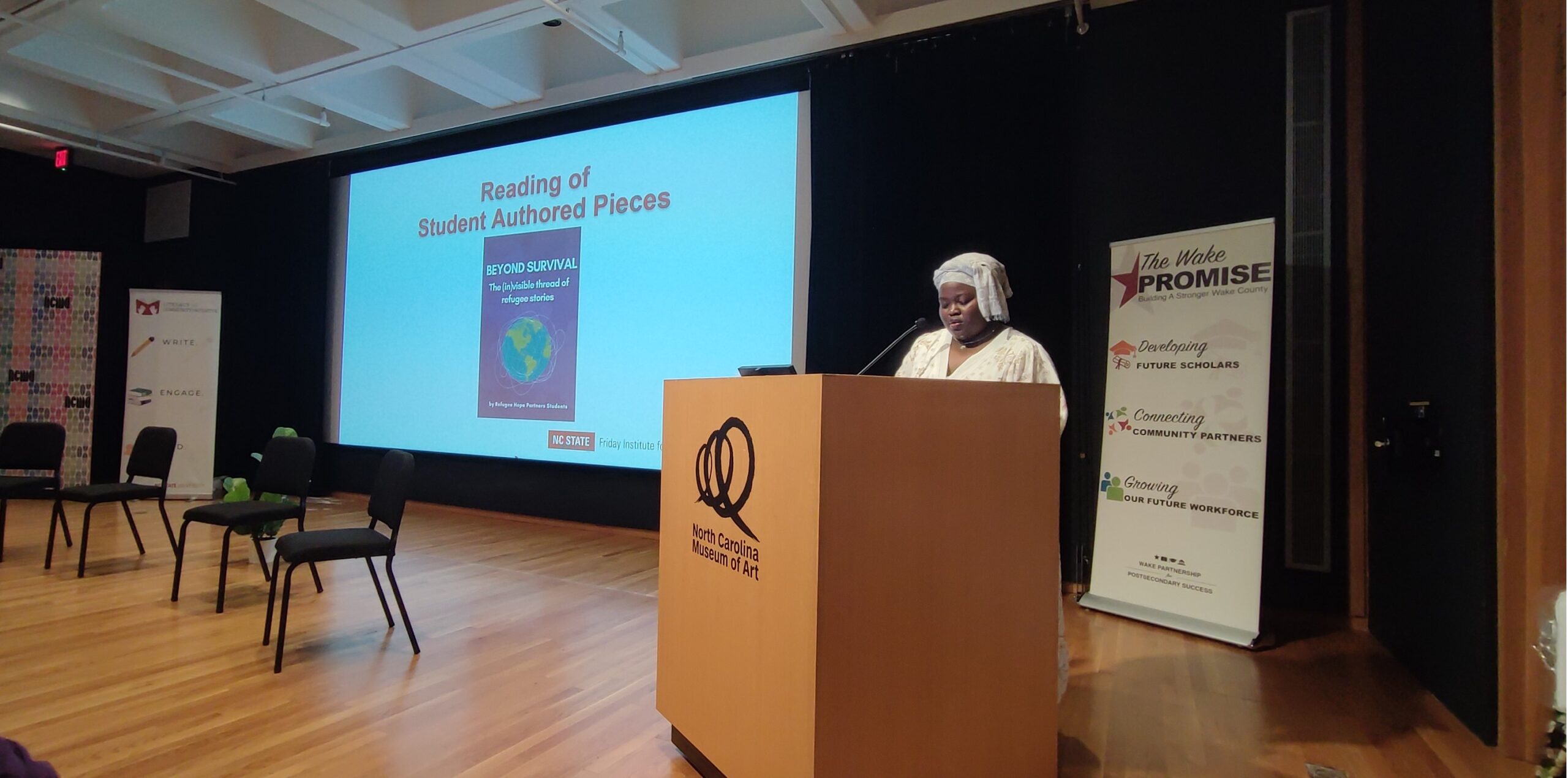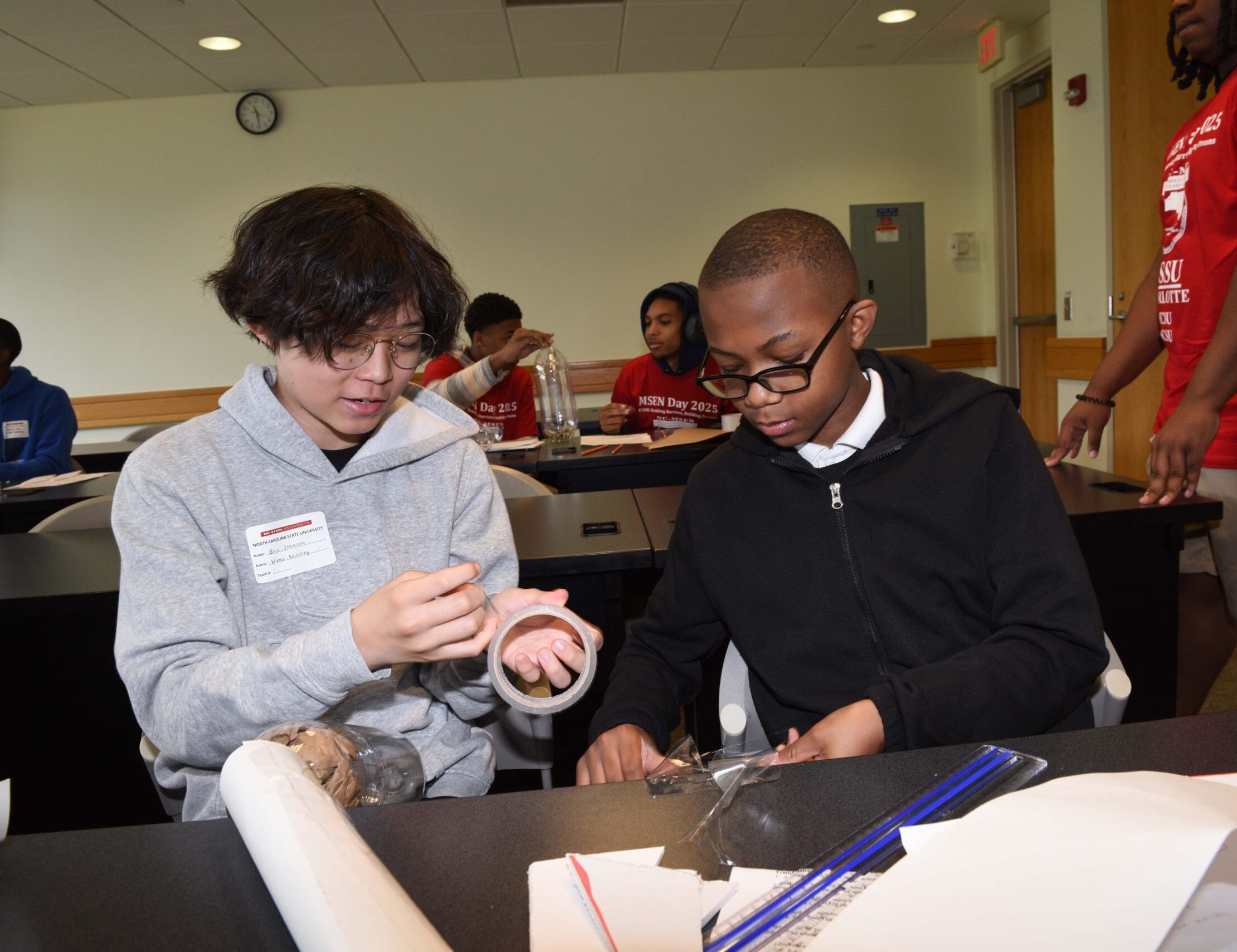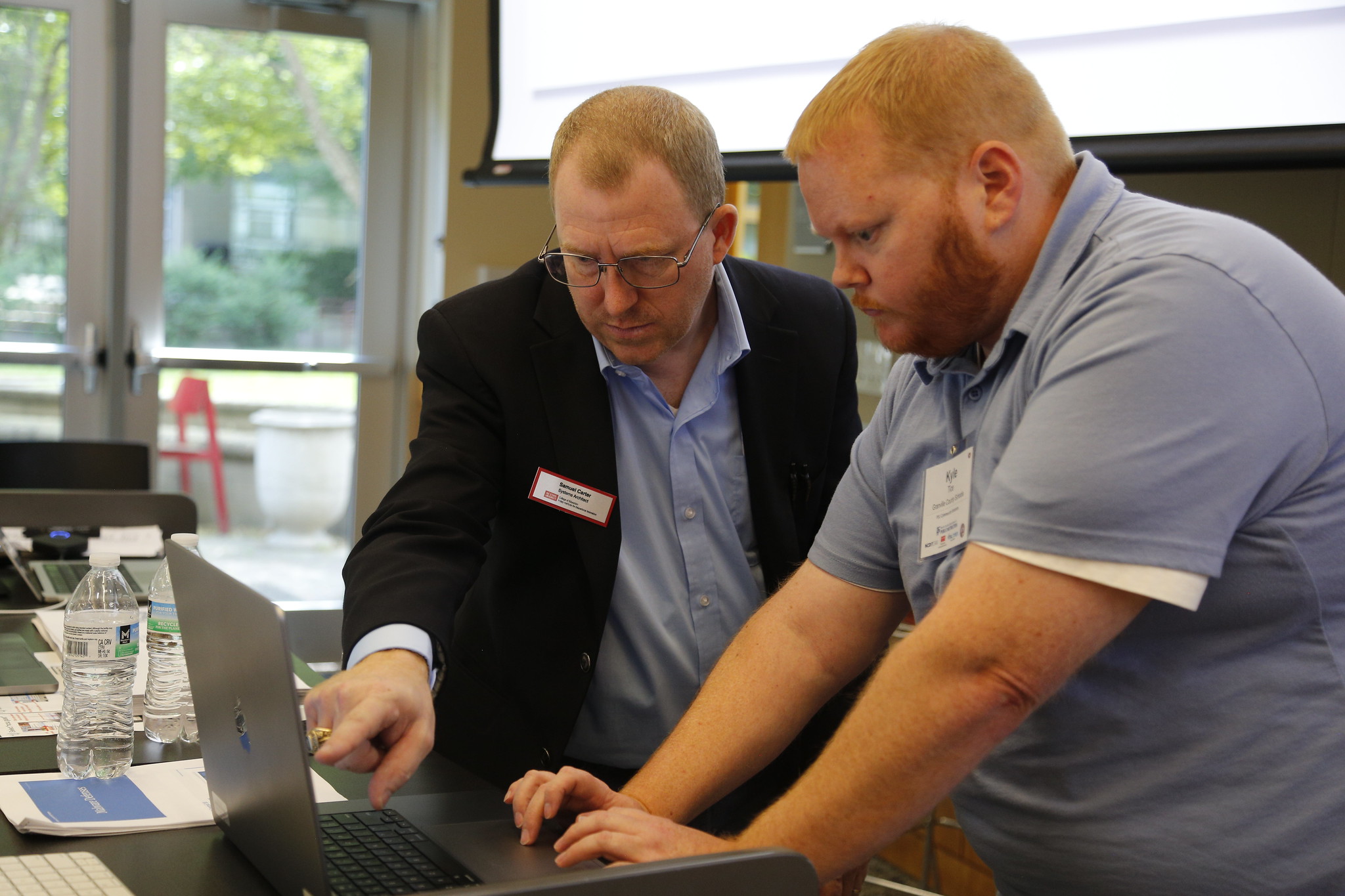Professor Emeritus Eric Wiebe Addresses 21st Century Educational Challenges and Opportunities in STEM Classroom-based Assessment in New Report

NC State College of Education Professor Emeritus Eric Wiebe is a lead researcher, editor and author of a recent report reviewing the current status of STEM classroom assessment research.
This report, titled “Classroom-Based STEM Assessment: Contemporary Issues and Perspectives,” was published in October 2023 by the Community for Advancing Discovery Research in Education (CADRE), a National Science Foundation (NSF)-funded and Education Development Center (EDC)-led network dedicated to supporting researchers to innovate and improve STEM education. It is free and available online.
The report highlights current knowledge about using classroom assessment to benefit the teaching and learning of STEM subject matter in K-12 classrooms and discusses future directions for research, with a particular emphasis on research funded by the NSF through its Discovery Research PreK-12 (DRK-12) funding program. The report supports educational researchers associated with the NSF DRK-12 program, highlighting both the work in the portfolio and providing insight into future research directions. College of Education faculty and staff have actively participated in the DRK-12 program.
“The advancements in STEM classroom assessments are undeniable, yet there’s so much terrain still to explore,” said Wiebe. “This report provides a roadmap, pointing out both our achievements and the areas where concerted, collaborative efforts are needed.”
Over the last two decades, changes in STEM education, policy and research have required a re-evaluation of classroom-based assessment practices. This comprehensive report sheds light on the urgency to bridge educational disparities among marginalized groups and leverage advanced computational tools such as data analytics and artificial intelligence (AI) to enrich instructional practices.
The report, structured in five distinct sections, covers the following areas:
- Connecting Classroom Assessment with Learning Goals and Instruction through Theories of Learning: This section stresses the need for assessments that align with contemporary learning theories and monitor students’ ongoing progress. Three major recommendations from this section highlight future directions for research to support the development and implementation of classroom-based STEM assessments.
- Assessment for Learning: Delving deep into formative assessment literature, this section showcases the potential of classroom-based STEM assessments. It offers three guiding recommendations to enhance STEM classroom assessment quality.
- Equity and Justice in Classroom Assessment of STEM Subjects: Spotlighting the importance of equity and justice in STEM classroom assessment, this section highlights the role of curriculum, instruction and assessment in reshaping STEM learning. Four recommendations emerge from this section, emphasizing inclusive perspectives and community involvement.
- Teacher Knowledge and Practices for Assessment: Recognizing that the effectiveness of formative assessment lies in teachers’ proficiency, this section details the domains in which teachers require assistance for high-quality classroom assessment. It offers four recommendations revolving around the importance of iterative design, professional learning and shared strategies.
- Technology-Based Innovative Assessment: Exploring technological advancements in the realm of classroom-based assessments, the focus of this section lies in assessing complex constructs, evidentiary inferences and automated assessment tasks. The section culminates in three recommendations, highlighting the pivotal role of technology and cross-disciplinary collaboration.
Wiebe co-authored the last section of the report, “Technology-Based Innovative Assessment.”
“The Friday Institute (FI) has long been a leader in North Carolina on educational technology policy and practice,” said Wiebe. “Our recent meeting at the Friday Institute on AI in Education highlighted how artificial intelligence has implications for all facets of the educational enterprise. My section of the report provides insight into both current ongoing research into the application of AI in educational assessment and also points to important focal areas of research in the near future.”
The report concludes with five key priority areas for STEM classroom assessments:
- Anchoring Assessment in STEM Classrooms
- Integrating STEM Knowledge in Assessment
- Aligning Assessment and Curricular Coherence
- Using Inclusive Practices in Assessment Models
- Harnessing Technology’s Potential
This new report calls for an ambitious, cross-disciplinary research and implementation agenda to harness the full potential of assessment tools and practices tailored for the modern STEM classroom. The report promises to be a touchstone for educators, policymakers and researchers navigating the evolving landscape of 21st-century education.
For more details and the complete report, visit CADRE’s official website: https://cadrek12.org
- Categories:


